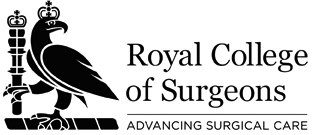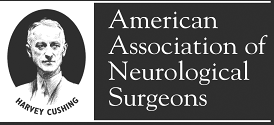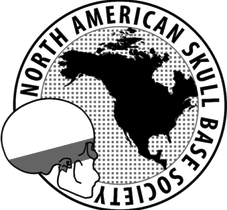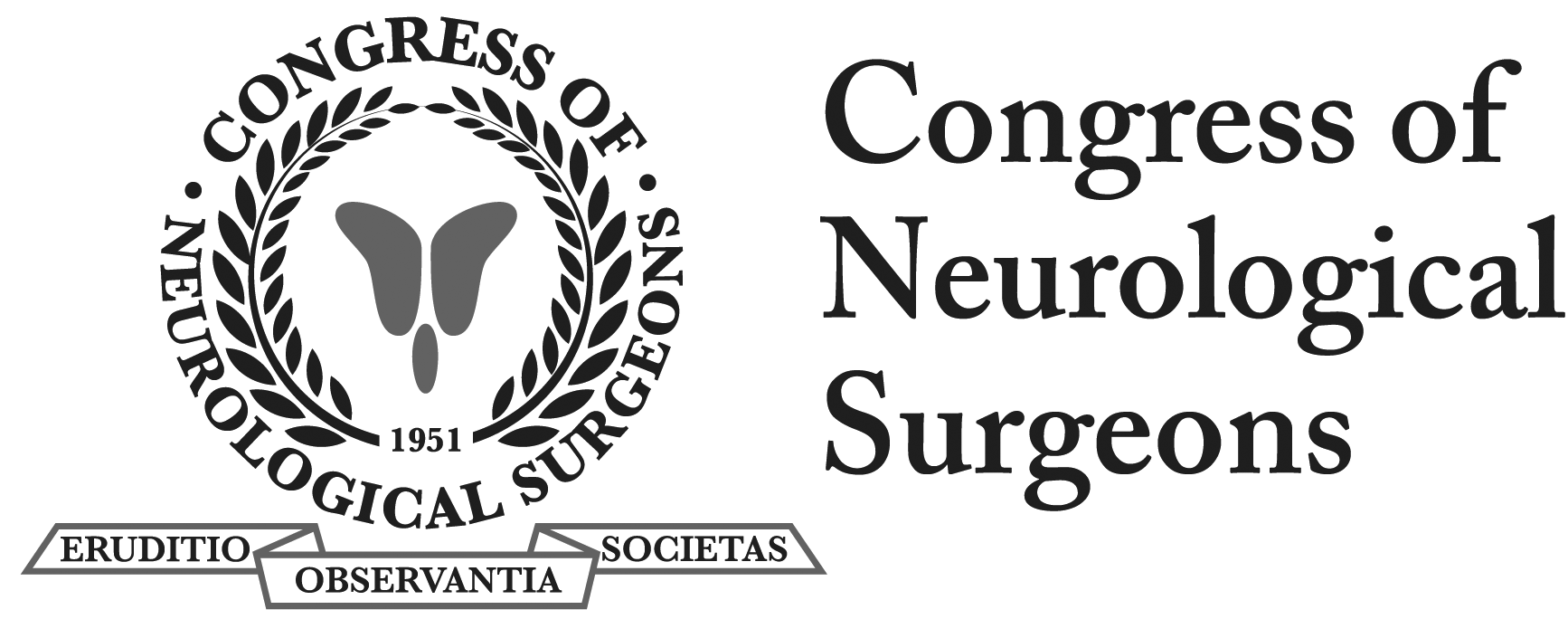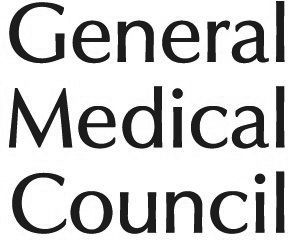Mr Ian Sabin, Neurosurgeon
Mr Ian Sabin
Neurosurgeon
Mr Ian Sabin BMSc(Hons) MB ChB FRCS(Eng) FRCS(Ed)
Neurosurgeon

Recommendations for Mr Sabin
These recommendations are for information purposes only. Doctors providing recommendations do so in good faith and are not responsible for clinical outcomes.






Recommended by:
Make an appointment
Address
-
The Wellington Hospital
Wellington Place, St John's Wood, London, NW8 9LE
-
Platinum Medical Centre
15 - 17 Lodge Road, London, NW8 7JA
-
The London Gamma Knife Centre
Platinum Medical Centre, 15 - 17 Lodge Road, St John's Wood, London, NW8 7JA
About Mr Ian Sabin
Areas of expertise
- Brain tumours
- Cerebral metastases
- Craniopharyngiomas
- Glioblastoma
- Gliomas
- Meningiomas
- Neuro-oncology
- Pituitary tumour
- Skull base surgery
- trigeminal neuralgia
Frequently asked questions
What are the common symptoms that your patients tend to present with?
The symptoms vary quite a bit because intracranial tumours present in a number of different ways. The most common symptoms would be hearing loss, headaches, dizziness, problems with higher mental and executive function, among many different types of symptoms depending on where the lesions are in the brain.
In terms of my spinal practice, it tends to be neck pain, arm pain, back pain, leg pain, among others.
What are the treatments that you're able to offer your patients?
I do a full range of intracranial neurosurgery, removing tumours surgically, but I also offer radiosurgical treatments with a gamma knife. A lot of the tumours we used to operate on are now treated with radiosurgery instead which is a highly targeted form of radiotherapy, normally undertaken in just one day of treatment as a day case.
What are your areas of sub-specialist interest?
My subspecialist interests are neurooncology, the full range of intracranial tumours and pituitary surgery. I introduced endoscopic transsphenoidal surgery to the UK about 20 years ago which is now universally adopted. I offer treatment for trigeminal neuralgia using endoscopes which is becoming more common but wasn't when I started. I offer radiation treatment. I'm the medical director for the gamma knife unit and we treat a variety of conditions with radiation now.
Professional memberships

